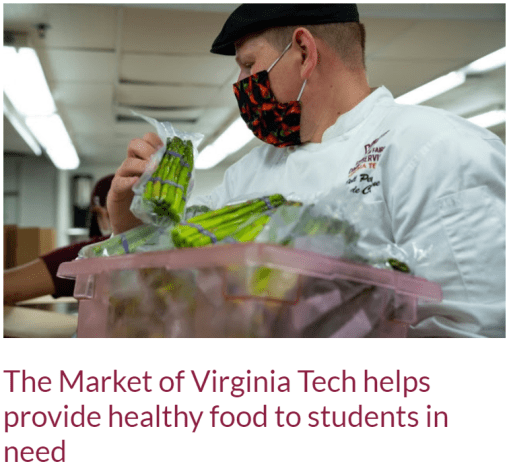Our new paper entitled “Systematic investigation of inadequate food access at a large southeastern land grant university,” is now available at PLOS ONE.
Abtract: Over the past decade, the impact of low food security on student well-being and academic performance has become a growing concern at institutions of higher education across the U.S. This mixed methods study adds to the growing body of evidence on the association between student socio-demographic and economic characteristics and food security. An online survey covering food access, student well-being, and housing security was sent to 35,337 undergraduate and graduate students at a large southeastern land grant university. A total of 2,116 complete responses were received; a 6% response rate. The survey responses also included 176 written statements by students. The survey found that 16% of both undergraduate and graduate students had low or very low food security, as defined by a modified USDA food security measure. The socio-demographic and economic characteristics that were linked to a higher likelihood of low food security included: having a GPA of less than 3.0, having a disability, being an international student, being a first-generation student, being a transfer student, going into debt to pay for food, being a Black or African American student, having poor mental health, having uncertain living arrangements, and having no medical insurance. Recommendations for enhancing student access to food, housing, and mental health services are discussed.




